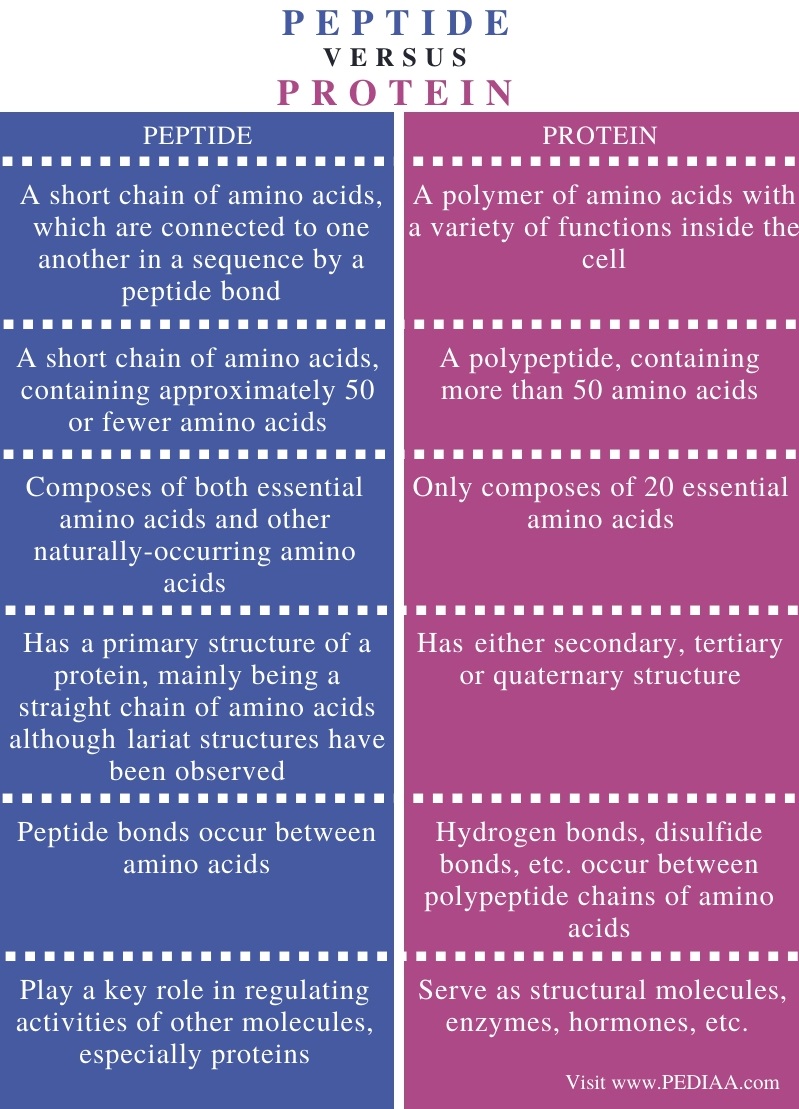ForumIAS announcing GS Foundation Program for UPSC CSE 2025-26 from 27th May. Click Here for more information.
Contents
Source: The post is based on the article “Peptides from snake venom could prevent, treat Parkinson’s, Alzheimer’s” published in PIB on 16th March 2023
What is the News?
Scientists have found that peptides derived from snake venom nerve growth factors hold promise as future therapeutic applications for preventing and treating neurological disorders such as Parkinson’s disease(PD) and Alzheimer’s disease(AD).
What are Peptides?
A peptide is a short chain of amino acids (typically 2 to 50) linked by chemical bonds (called peptide bonds).
Many health and cosmetic products contain different peptides for many uses, such as their potential anti-ageing, anti-inflammatory, or muscle-building properties.
What are the various types of Peptides?
Milk Peptides: Formed when the digestive system breaks down a milk protein called Casein. They are also formed from proteinases arising from lactobacilli during the fermentation of milk.
Peptones: These are produced during the proteolysis of animal milk or meat. Sometimes it can also be formed from vitamins, fats, metals and some salts.
Ribosomal Peptides: These are produced by translation (a process in which cellular ribosomes create proteins) of mRNA. To achieve a mature form, they are often subjected to proteolysis.
Oligopeptides: These peptides are formed by linkage of more than two and less than 20 amino acids by peptide bonds.Example – netropsin, amanitin etc.
What is the difference between Peptides and Proteins?





